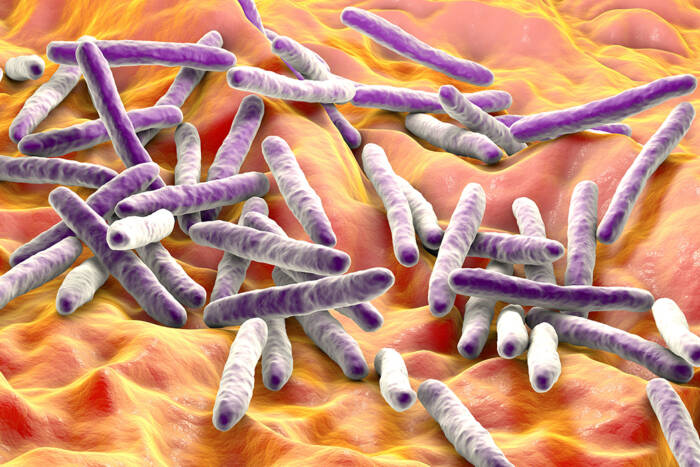Bianca D. Santomasso
B.S., Yale University
From Naturally Occurring Tumor Immunity to Supernatural T Cells: Isolation and Characterization of a Murine T Cell Receptor Specific for Human Breast and Ovarian Tumor Antigen Cdr2
presented by Robert B. Darnell
It’s both easy and very difficult for me to tell you about Bianca Santomasso. Easy because she’s truly, in my view, one of the greatest graduate students ever to come through my laboratory. She’s developed over time in a way that is not only outstanding scientifically but is going to serve her well in the future. Bianca came to the lab after graduating with high honors from Yale University, initially as sort of an intellectual fling. She was a medical student and was taking a year off as a diversion. However, during that year she became completely absorbed with uncovering the mysteries of a rare but fascinating disorder that we study in the lab in which patients with breast or ovarian cancer develop an immune response much like you would develop after you catch the flu, but they develop this immune response to their own cancers. This turns out to be useful to the patient and in some cases can eradicate their tumors. So it’s something we’d like to understand in more detail because of course one would like to take the mystery of this antitumor immune response and confer it upon other cancer patients. Bianca developed a way to do this from scratch with a simply outstanding set of experiments. She built on prior studies in her lab to precisely identify the kind of immune cells that were committing this tumor attack. She went on to clone the genes that were inside these immune cells, encoding tumor specific T cell receptors, and demonstrated that taking these genes and putting them into the normal T cells from a normal person turned them into tumor killer cells. Her work spans a broad range of science, from extremely detailed immunology to the general possibility that her work opens, that we are considering opening a new clinical trial to test her work in cancer patients.
The difficult part in talking about Bianca, as must be obvious, is that I hate to see her go. This is, in part, of course because of the usual selfish motive of a professor; she’s firing on all cylinders in the laboratory and one hates to lose such an engine of productivity. But also because Bianca brings charm, wit and integrity to all she does in the lab. She also excels outside the laboratory: She’s a highly accomplished dancer and during her time in the lab danced her way into the arms of her husband Adam and from there they danced together, I guess, because they produced a little baby. So in sum, Bianca’s success comes with the genuine sweat that’s necessary to understand what a real career in clinical science is all about, and it’s that sweat that I think will underlie Bianca’s success as a star physician-scientist.



